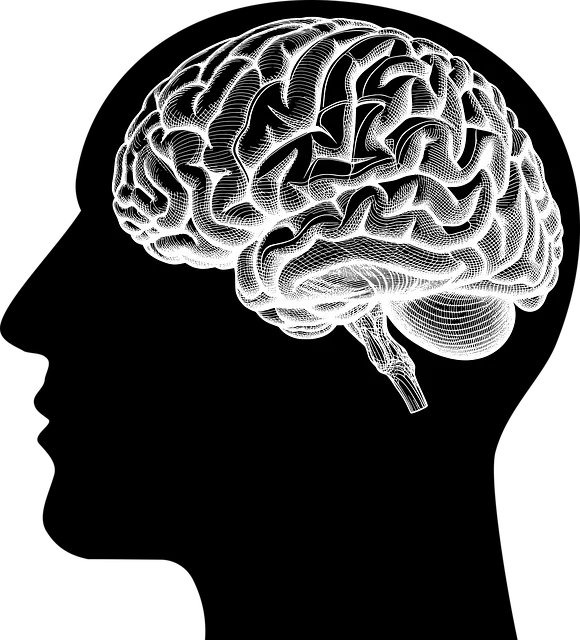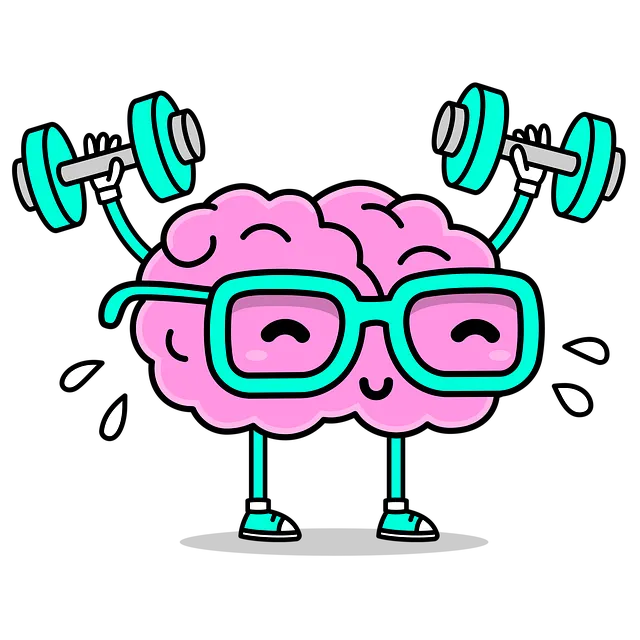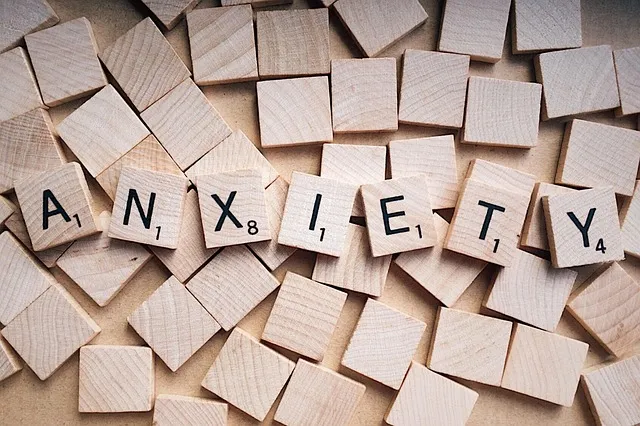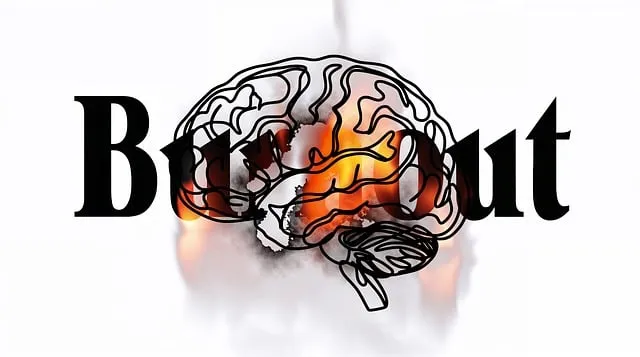Emotional Intelligence (EI), enhanced by Parker Kaiser Permanente's (PKP) mental health department, is a powerful tool for personal growth and improved relationships. EI development begins with self-awareness, enabling individuals to understand their emotions' impact on thoughts and actions. PKP emphasizes this through resources like trauma support services and mindfulness meditation. Self-aware individuals can manage stress better and build empathy, crucial for healthcare providers to avoid burnout and provide tailored care for diverse patients. The PKP mental health department phone number offers expert guidance. Social awareness, fostered by active listening techniques, deepens connections. Mindfulness practices, accessible through PKP's resources, improve emotional regulation, decision-making, and job satisfaction. These skills contribute to stigma reduction and better communication, benefiting both healthcare professionals and the community.
Emotional intelligence (EI) is a powerful tool for personal growth, fostering better relationships, and enhancing overall well-being. In this comprehensive guide, we explore the core components of EI as mapped out by experts like Parker from the Kaiser Permanente mental health department. From understanding self-awareness and developing social empathy to effective communication and mindfulness practices, these strategies will equip you to navigate life’s challenges with resilience and emotional balance.
- Understanding Emotional Intelligence: A Key to Personal Growth
- The Role of Self-Awareness in Developing Emotional Intelligence
- Enhancing Social Awareness and Empathy
- Effective Communication Strategies for Better Emotional Connections
- Practicing Mindfulness and Regulation Techniques for Emotional Balance
Understanding Emotional Intelligence: A Key to Personal Growth

Emotional intelligence (EI) is a powerful tool for personal growth and self-improvement. It involves recognizing, understanding, and managing one’s own emotions, as well as empathizing with and responding appropriately to the emotions of others. This skill set isn’t just about feeling emotions; it’s about using them to guide thoughts and actions constructively. Parker Kaiser Permanente’s mental health department offers valuable resources for those seeking to enhance their emotional intelligence and overall mental wellness. Their trauma support services are designed to help individuals process and overcome difficult experiences, fostering resilience and a deeper understanding of their emotions.
Developing EI can lead to improved relationships, better decision-making, and increased job satisfaction. It allows individuals to navigate challenging situations with more clarity and composure. By practicing mindfulness meditation, for instance, one can cultivate present-moment awareness, which is crucial for managing stress and emotions effectively. This simple yet profound practice is a cornerstone of many mental wellness programs, helping folks to untangle the complex web of thoughts and feelings that often plague us.
The Role of Self-Awareness in Developing Emotional Intelligence

Emotional intelligence building begins with an essential foundation: self-awareness. Understanding your own emotions and how they impact your thoughts and actions is a cornerstone of this process. Parker Kaiser Permanente’s mental health department emphasizes this aspect, as it forms the basis for effective communication and relationship building. When individuals are self-aware, they can better recognize triggers, manage stress, and respond thoughtfully rather than reacting impulsively. This increased introspection enables people to navigate complex situations with more sensitivity, a skill crucial in both personal and professional settings.
This self-awareness is also integral to cultural sensitivity in mental healthcare practice. By recognizing your emotional biases, you become more attuned to the unique experiences and needs of diverse individuals within your community. Moreover, it plays a significant role in burnout prevention strategies for healthcare providers, as managing one’s emotions allows professionals to maintain resilience in challenging environments. Community outreach program implementation can also benefit from this focus on self-awareness, ensuring that support services are delivered with empathy and cultural competency.
Enhancing Social Awareness and Empathy

Emotional intelligence involves a profound understanding of oneself and others, and one key aspect is enhancing social awareness and empathy. This skill set allows individuals to perceive and interpret emotions in themselves and their surroundings, fostering deeper connections and more meaningful interactions. Social awareness promotes active listening, enabling people to fully engage with conversations and understand the emotional nuances being conveyed.
At the Parker Kaiser Permanente mental health department (phone number: [insert number]), experts emphasize that empathy is a cornerstone of effective therapy and support services. By cultivating mindfulness meditation practices, individuals can improve their ability to empathize, especially when navigating complex situations or providing trauma support services. The Risk Assessment for Mental Health Professionals guides practitioners in recognizing and responding appropriately to clients’ emotional states, ensuring safe and supportive interactions.
Effective Communication Strategies for Better Emotional Connections

Effective communication is a cornerstone of emotional intelligence and fostering deep connections with others. The Parker Kaiser Permanente mental health department emphasizes this through their phone number-based guidance, offering valuable resources for those seeking support. Active listening, where one fully pays attention to the speaker’s words and emotions, is a powerful tool. It involves not just hearing but understanding and responding empathically, creating an environment of trust and openness. This skill allows individuals to recognize and validate others’ feelings, strengthening relationships.
Public Awareness Campaigns Development plays a significant role in promoting healthy communication habits. Mental Wellness Journaling Exercises, for instance, can help individuals process their emotions and gain insights into their triggers. By documenting thoughts and feelings regularly, one can identify patterns and develop coping mechanisms. Mood Management techniques, when combined with these practices, enable people to navigate emotional challenges more effectively. This, in turn, enhances overall mental wellness, making it easier to connect and communicate with others on a deeper level.
Practicing Mindfulness and Regulation Techniques for Emotional Balance

Practicing mindfulness is a powerful tool for emotional intelligence building. It involves being fully present in the moment and observing your thoughts and feelings without judgment. Techniques like meditation, deep breathing exercises, and yoga can help individuals become more aware of their emotional responses to different situations. By cultivating this awareness, one can better understand and regulate their emotions, leading to improved emotional balance.
In addition to mindfulness, regulation techniques play a crucial role in maintaining mental well-being. These strategies enable individuals to manage intense feelings and make thoughtful decisions. The Mental Health Department at Parker Kaiser Permanente offers valuable resources for those seeking guidance on practicing mindfulness and emotion regulation. Their phone number is readily available online, providing easy access to expert advice and support for anyone looking to enhance their emotional intelligence and overcome mental illness stigma reduction efforts through social skills training or participation in mental health education programs design.
Emotional intelligence, a vital aspect of personal growth, can be nurtured and developed through several practical strategies. By enhancing self-awareness, cultivating empathy, adopting effective communication techniques, and practicing mindfulness, individuals can forge stronger emotional connections and lead more fulfilling lives. For those seeking guidance, the Parker Kaiser Permanente mental health department offers valuable resources and support to navigate this transformative journey. Remember, emotional intelligence is not a destination but an ongoing process of self-discovery and improvement.






